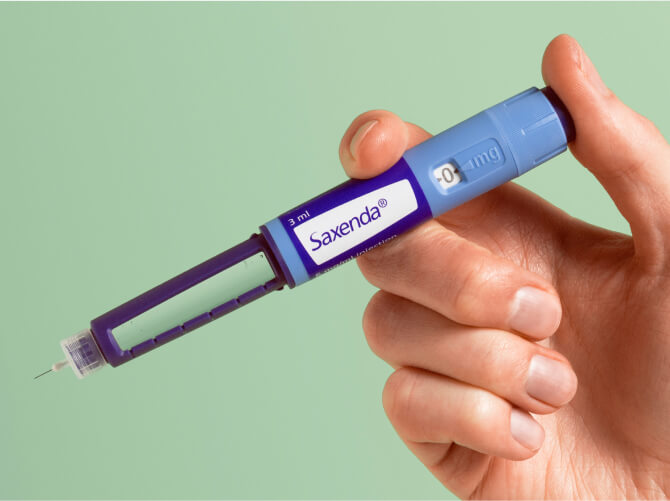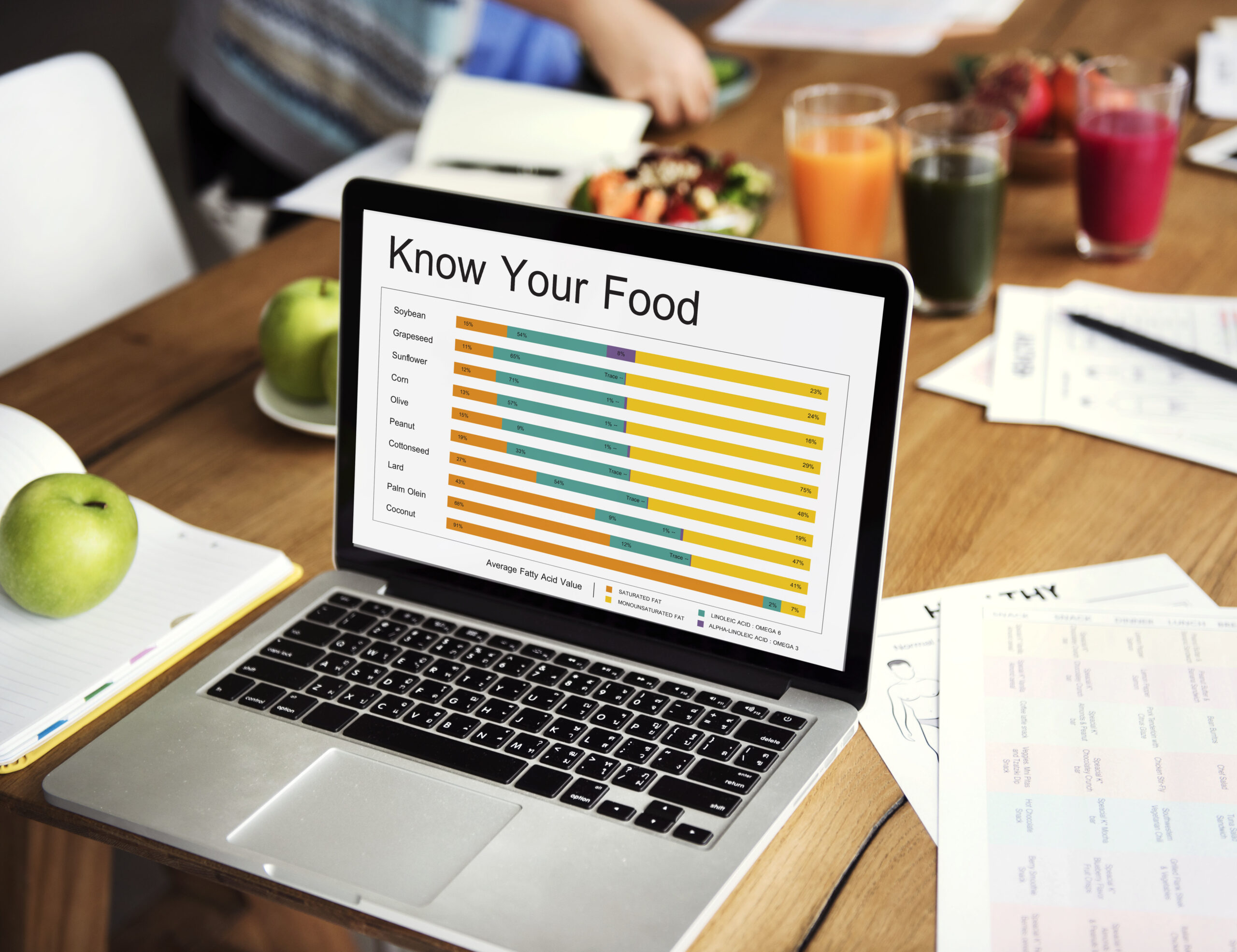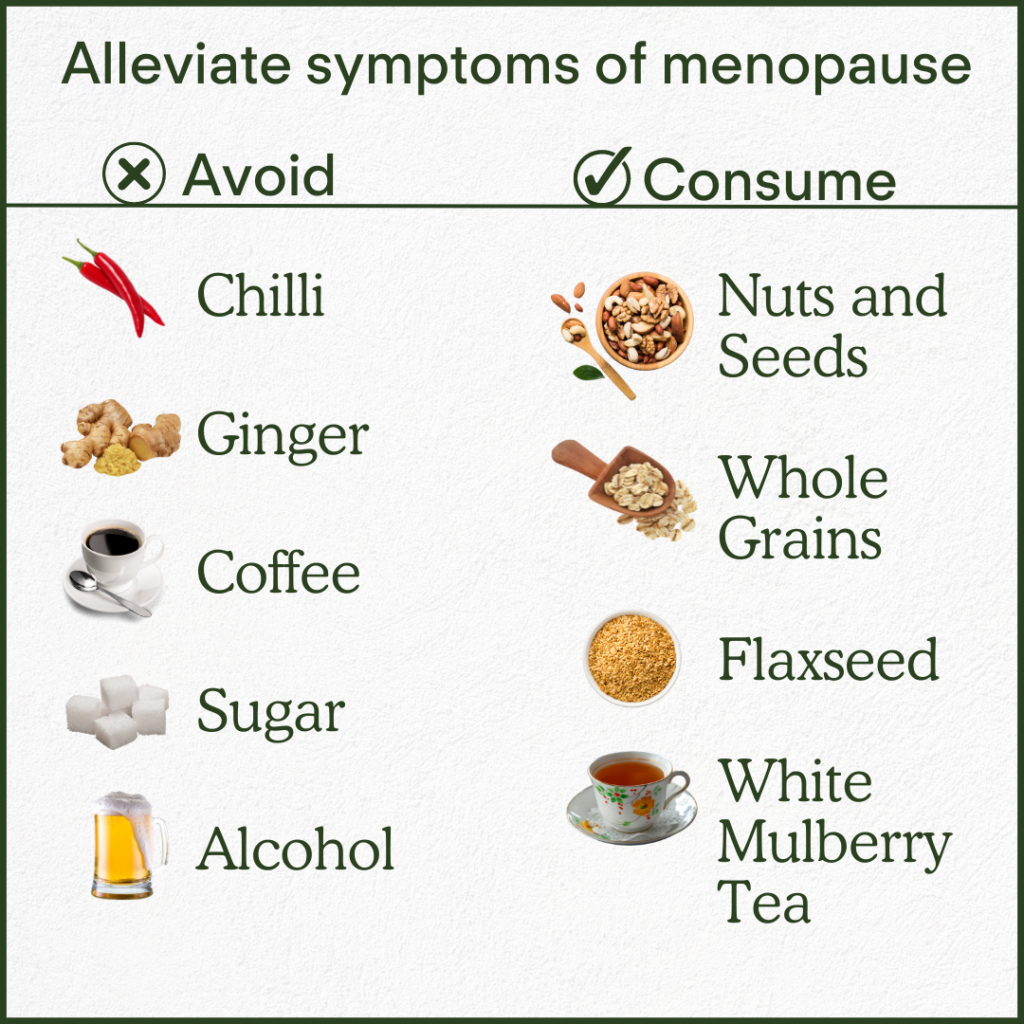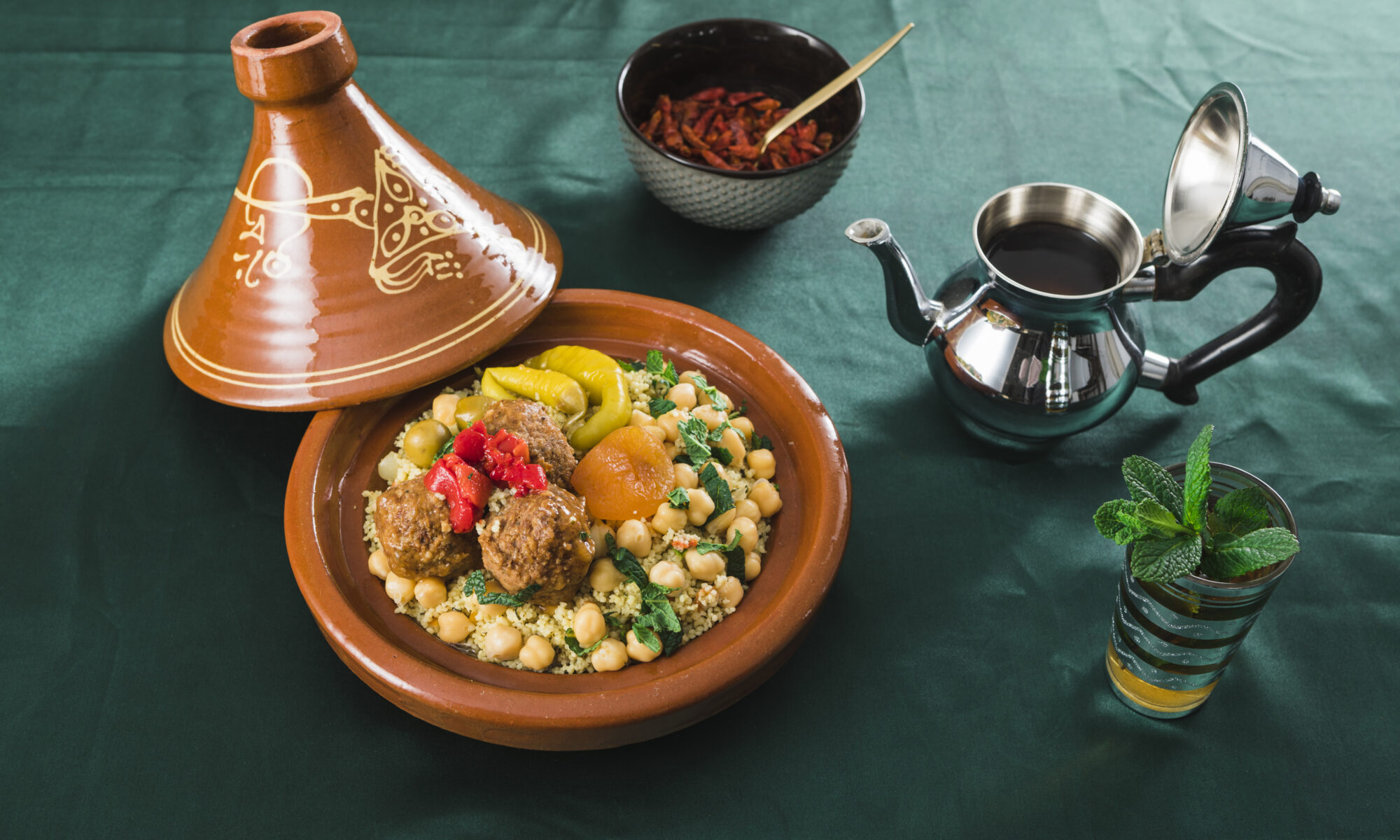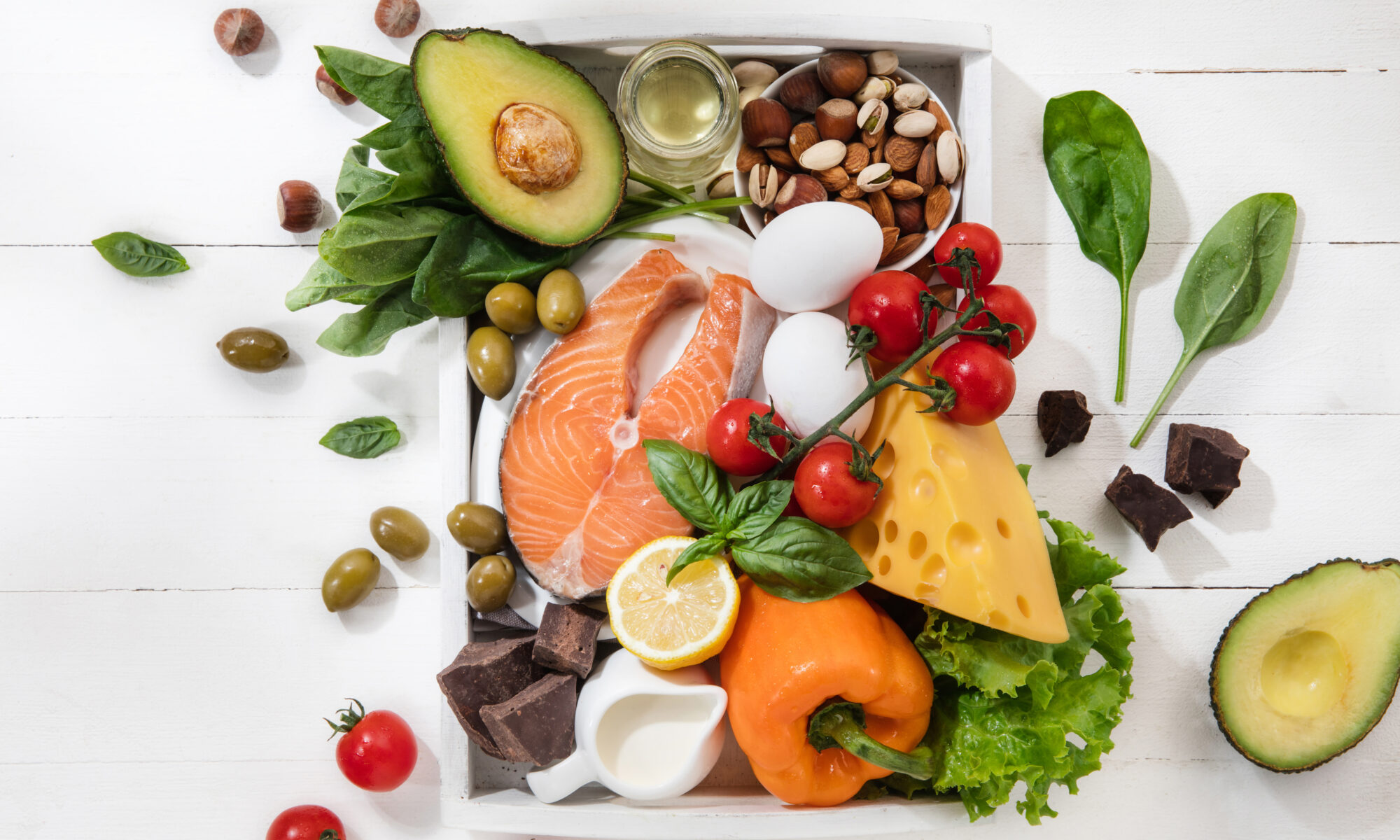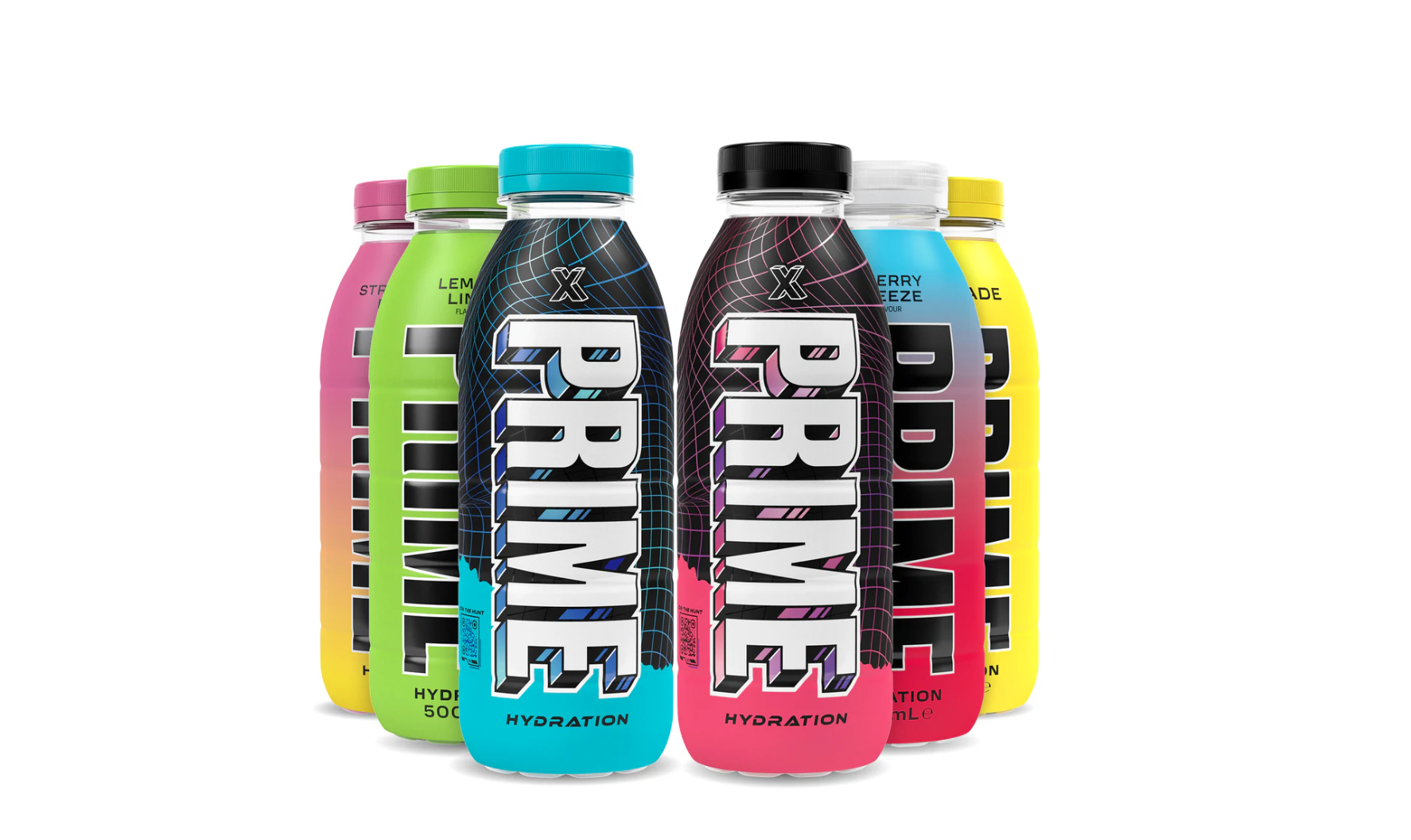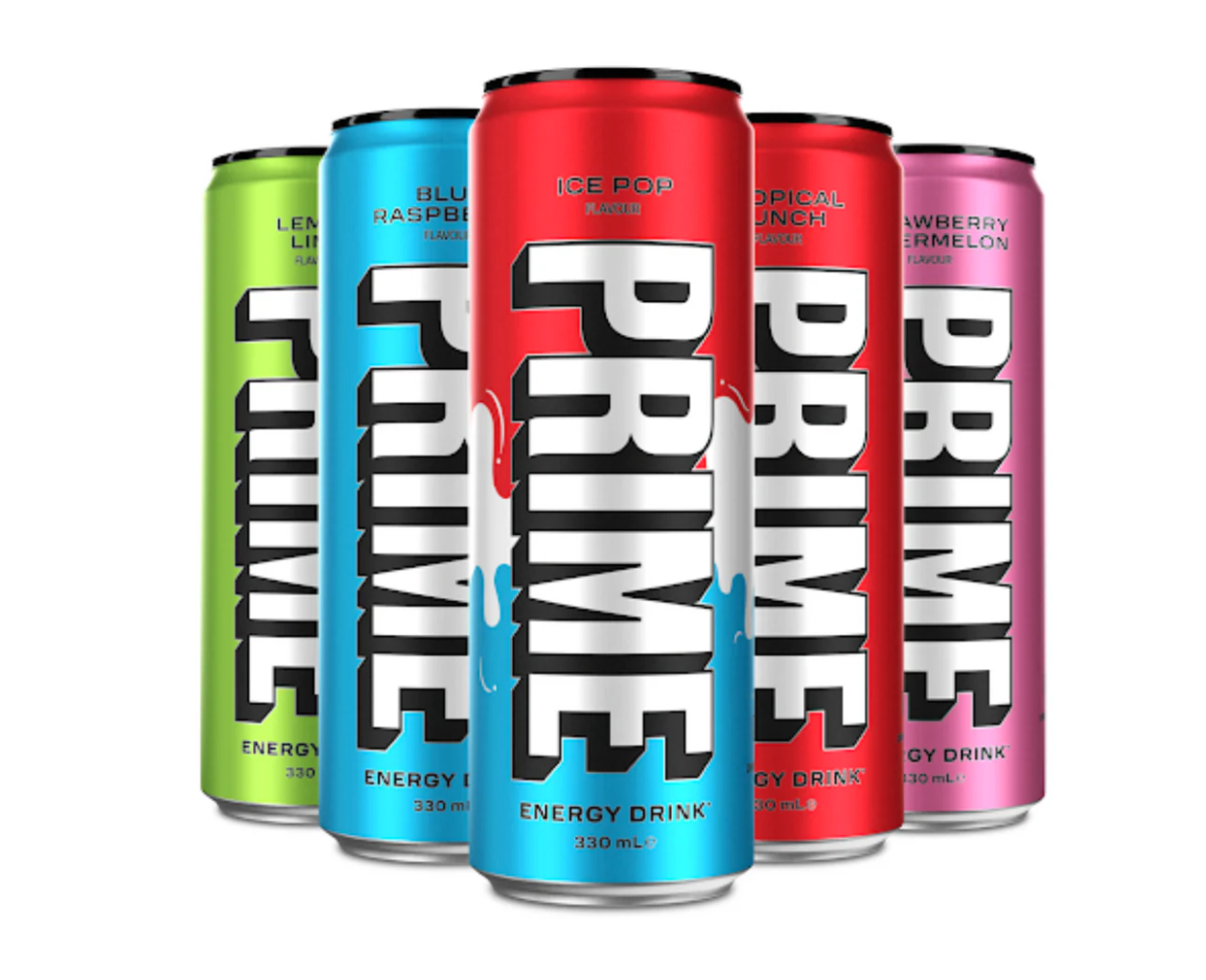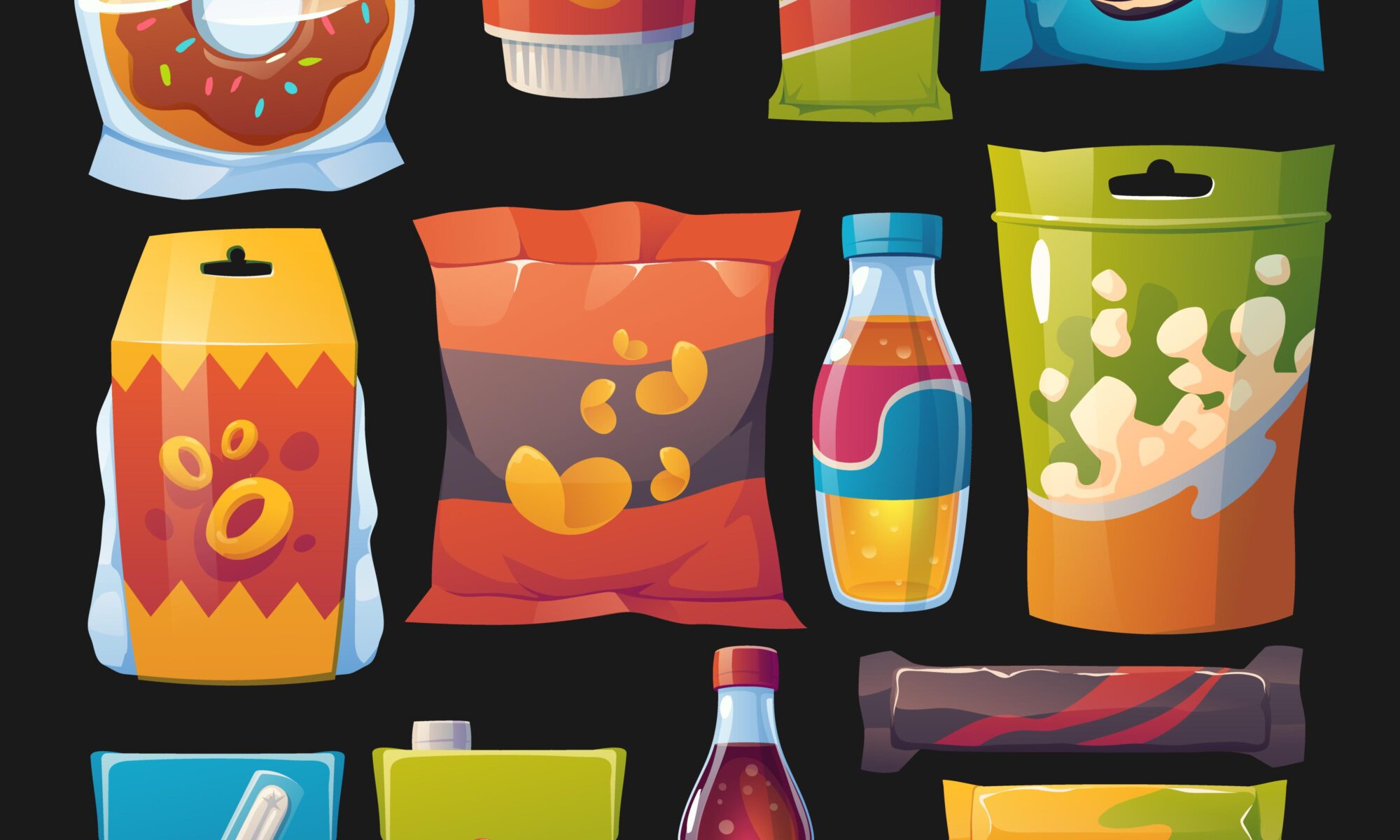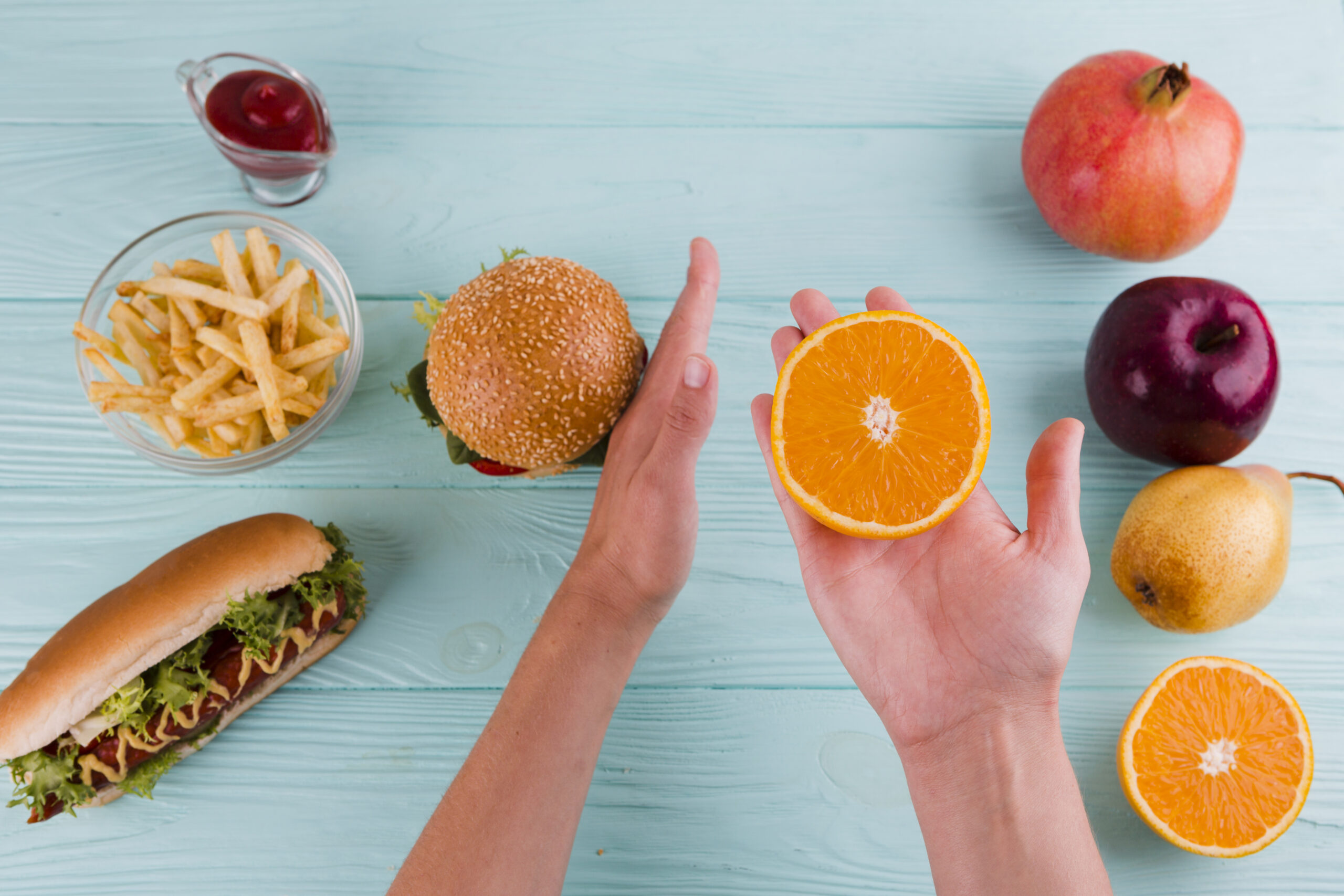The expertise of a nutritionist for pregnancy is invaluable to ensure the health of the mum and baby. Pregnancy is a unique and transformative experience in a woman’s life, where maintaining a balanced and nutritious diet is crucial for the health of both mother and baby. In this article, I will describe the critical role a nutritionist plays during this blessed time, the essential nutrients required for both mother and baby and how to navigate the myths of dietary advice available.
Understanding Nutritional Needs During Pregnancy
During pregnancy, nutritional requirements significantly increase to support foetal development and maintain the mother’s health. A nutritionist for pregnancy can provide personalised guidance to meet these heightened needs, focusing on essential vitamins and minerals such as:
- Folic Acid: Crucial for preventing neural tube defects, folic acid should be consumed before conception and during early pregnancy.
- Iron: Necessary for producing additional blood for the growing baby, iron helps prevent anaemia, which is common during pregnancy.
- Calcium: Important for the development of the baby’s bones and teeth, adequate calcium intake also supports maternal bone health.
- DHA (Docosahexaenoic Acid): An omega-3 fatty acid essential for fetal brain and eye development.
- Vitamin D: Vital for calcium absorption and immune function.
Given these increased needs, a well-rounded diet becomes essential to ensure that both the mother and baby receive the necessary nutrients.
The Role of a Nutritionist for Pregnancy
Tailored Meal Planning
Every pregnancy is unique, and a nutritionist for pregnancy can design personalised meal plans tailored to the mother’s specific needs and health conditions. This personalised approach considers factors such as weight, activity level, and dietary preferences, ensuring optimal nutrition throughout each trimester.
- First Trimester: Focus on folate-rich foods like leafy greens, legumes, and fortified cereals to support early fetal development.
- Second Trimester: Eat enough to support fetal growth, emphasising protein-rich foods and healthy fats.
- Third Trimester: Increase the calories in your diet. Concentrate on iron-rich and vitamin K foods to prepare for delivery.
Demystifying Myths
Pregnancy is surrounded by numerous myths about food, and a nutritionist for pregnancy can help navigate these misconceptions. Many women may wonder if they should avoid certain foods altogether. A nutritionist provides evidence-based recommendations, clarifying which foods are safe, which should be limited, and which are crucial for fetal development.
Portion Sizes and Energy Levels
Knowing how much to eat can be daunting, especially when you are very tired (pregnancy makes you tired) and you have so much to take care of, like your house, job and preparations for the arrival of the baby. It can be overwhelming, and sometimes nutrition is left on the side.
A nutritionist for pregnancy can help determine appropriate portion sizes and caloric intake, ensuring mothers receive enough energy without excessive weight gain. Gaining too much weight during pregnancy can lead to complications such as gestational diabetes, preeclampsia, and high blood pressure. A balanced approach helps mothers gain only what is necessary for a healthy pregnancy.
Identifying Safe Foods
Not all foods are safe during pregnancy. A nutritionist for pregnancy can provide guidance on safe food choices, helping to avoid harmful substances, such as artificial sweeteners, that may negatively affect fetal brain development. They ensure that mothers understand how to enjoy a varied and nutritious diet while keeping safety in mind.
Natural Remedies for Common Pregnancy Issues
Pregnancy can bring various challenges, such as constipation, heartburn, and food aversions. Instead of relying on medications, a nutritionist for pregnancy can suggest natural strategies to alleviate these issues. For example:
- Constipation: Increasing fibre intake through whole grains, fruits, and vegetables and ensuring adequate hydration.
- Heartburn: Identifying trigger foods and recommending smaller, more frequent meals to ease digestion.
Managing Weight and Health Concerns
For mothers who start their pregnancy overweight or have pre-existing health conditions, managing weight gain is critical. A nutritionist for pregnancy can provide guidance on maintaining a healthy diet while ensuring that both mother and baby are nourished adequately. They help develop strategies to reduce risks, avoiding excessive weight gain that can lead to underweight babies or complications.
Supplement Guidance
Pregnancy often necessitates the use of supplements to ensure adequate nutrient intake. A nutritionist for pregnancy can recommend the right supplements based on individual dietary needs, such as prenatal vitamins, iron supplements, or omega-3 fatty acids, ensuring that mothers receive all the essential nutrients needed during this crucial time.
Accountability and Support
Having a nutritionist for pregnancy provides an additional layer of support and accountability. Regular check-ins allow mothers to discuss their progress, address any concerns, and make adjustments as needed. This support alleviates stress and anxiety, offering peace of mind that they are following the right dietary practices.
After birth: Support for Breastfeeding
The role of a nutritionist for pregnancy doesn’t end with childbirth. After giving birth, the woman’s body is depleted of nutrients because most of her nutrition passes to the placenta and goes to the development of the baby. It is essential to carry on eating well to re-nourish and replenish the body with all vitamins and minerals. At the same time, looking after a newborn baby is a hard job (adorable, though). A nutritionist can help by designing a meal plan with easy, nourishing meal ideas to eat well and re-energise. There is no end to the importance of having a nutritious plan, the quality of the milk when you breastfeed depends on the mother’s diet. And all mums want to give the best to their babies, right?
Pregnancy is a phase in the woman’s life full of joy, hopes and challenges. A nutritionist for pregnancy is an invaluable resource to help to make the 9-months more smooth, offering nutrition expertise as well as support and evidence-based recommendations. From the beginning of the term until breastfeeding, having a nutritionist to guide you can get one less weight from your shoulder of worries and things to get right. If you are pregnant and thinking about starting your nutrition plan with a nutritionist, get in touch with us. We can help you to have a nourishing and healthy pregnancy.
Frequently asked questions for pregnancy
How many consultations are needed during pregnancy?
In our clinic, we have a pregnancy package which includes 3 consultations and ongoing support with the pregnancy nutritionist.
Each consultation is done at the beginning of each trimester. However, if you come to see us in your second trimester, you can do the pack for the second, third and after birth.
How much weight should I gain during pregnancy?
The expected weight gain during pregnancy can vary, and it depends on your BMI pre-pregnancy.
The nutritionist can calculate the weight gain range recommended according to your Body Mass Index (BMI) history. If your BMI is higher before pregnancy you should be cautions about how many kilos you gain during pregnancy as it can cause complications for mum and baby and labour.
Why should I avoid certain foods during pregnancy?
Although there are lots of myths and misinformation about it, it is important to note that there are foods that should be avoided.
A few examples are high levels of Vitamin A supplements and foods like sharks, as it can cause miscarriage. Other common foods
Are unpasteurised cheese, uncooked meat and eggs, raw fish and soft cheeses like camembert and brie. The reason is that pregnant women are more susceptible to foodborne illness (food poisoning). These foods can carry bacteria like salmonella (eggs), listeria (cheese), e-coli (uncooked meat) and so on. You wouldn’t get food poisoning immediately if you ate these foods, but you are at higher risk. So the recommendation is to avoid it.
Food poisoning or any infection during pregnancy can be a risk factor for the baby as it can pass through the placenta and can cause birth defects.
Can I have coffee during pregnancy?
Caffeine is also a question that we get asked a lot. It is recommended that pregnant women cut or reduce caffeine. The reason is that excess caffeine can cause miscarriage, especially in the first trimester, premature birth and low-weight birth in babies.
Foods with caffeine: chocolate, cola, coffee, tea, green tea, match.
It’s recommended no more than 200mg/day, which is one cup of coffee or 2 cups of tea.
How can I book my first consultation with a pregnancy nutritionist?
The consultation for pregnancy can be done in person in our London clinic or online at the comfort of your home.
You can book your first consultation with a pregnancy nutritionist clicking here.
Alternatively, if you have further questions, please get in touch here.


